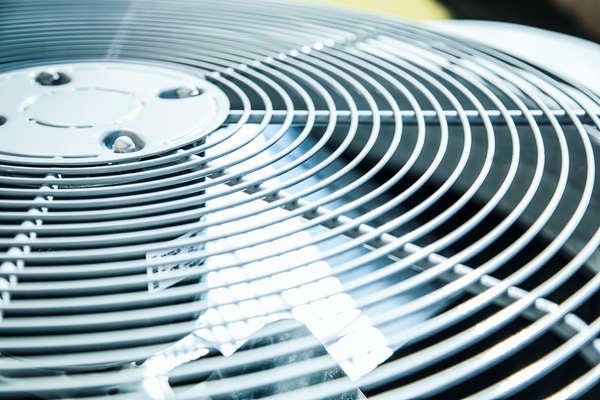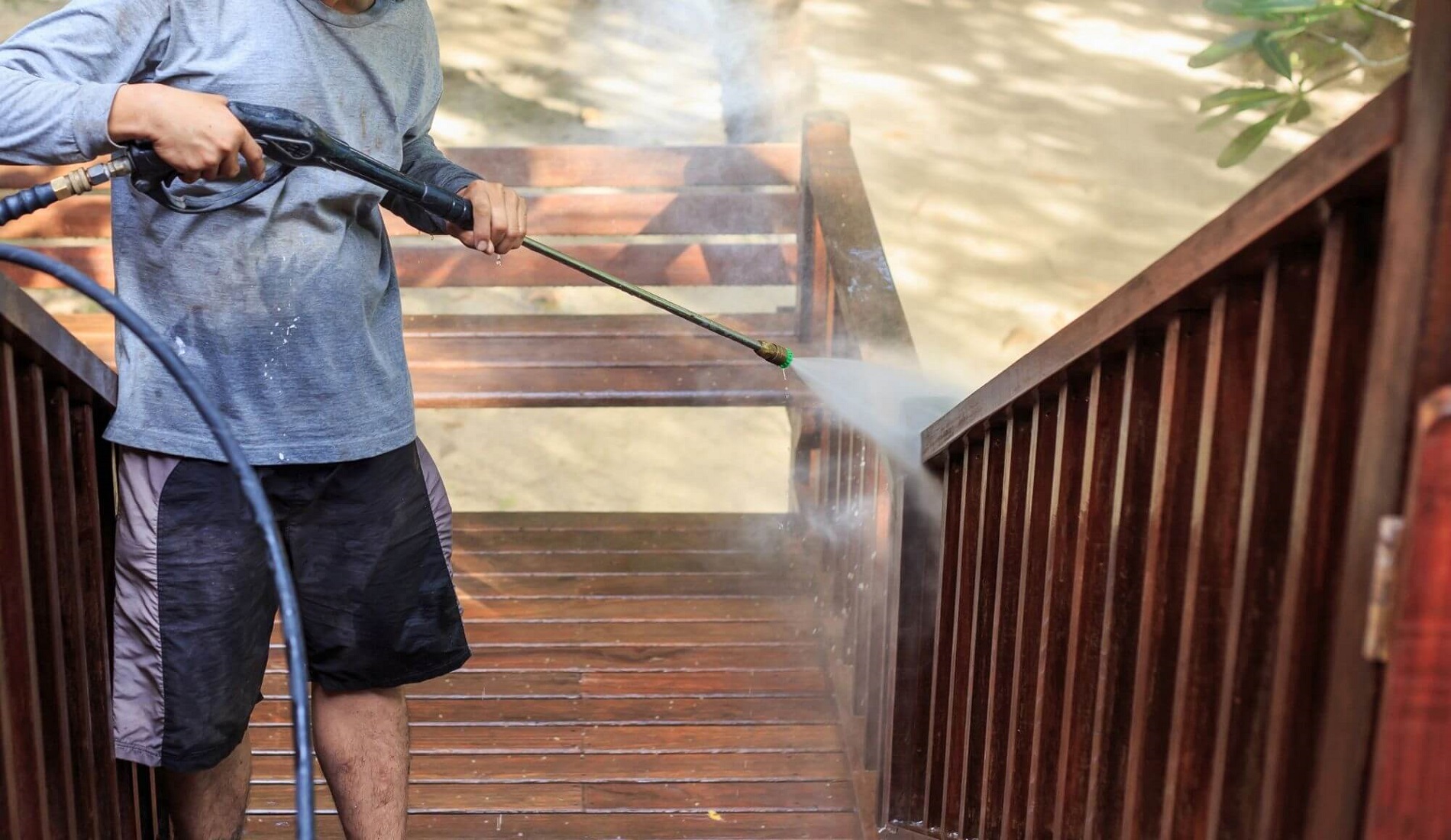Pressure washers can be powerful tools for cleaning surfaces, but they can also cause damage to certain items. While obvious items like people and plants should be avoided, other objects around the home are also vulnerable.
Water pressure and seepage can harm sensitive electronic and mechanical systems. Check this list of 9 things to never clean with a pressure washer before using one on your car or home.
Windows
Although pressure washers can make window cleaning a breeze, it’s best to avoid using them on fragile glass panes. The high-pressure stream of water can easily break the glass, leaving you with a costly and dangerous mess to clean up. It’s best to stick to traditional window cleaning methods to avoid any mishaps.

Electric Meters
Electric meters are a critical component of every household’s electrical system, providing real-time information on the amount of electricity consumed.
These meters are usually housed in a durable metal casing that protects them from the elements, but that doesn’t make them immune to damage.
When it comes to cleaning the meter, a pressure washer might seem like a quick and easy solution, but it’s important to remember that the high-pressure stream of water can be dangerous. The pressure can force water into even the smallest cracks and crevices, potentially causing damage to the internal components of the meter and leading to expensive repairs.
That’s why it’s crucial to avoid using a pressure washer on your electric meter and opt for safer cleaning methods instead.
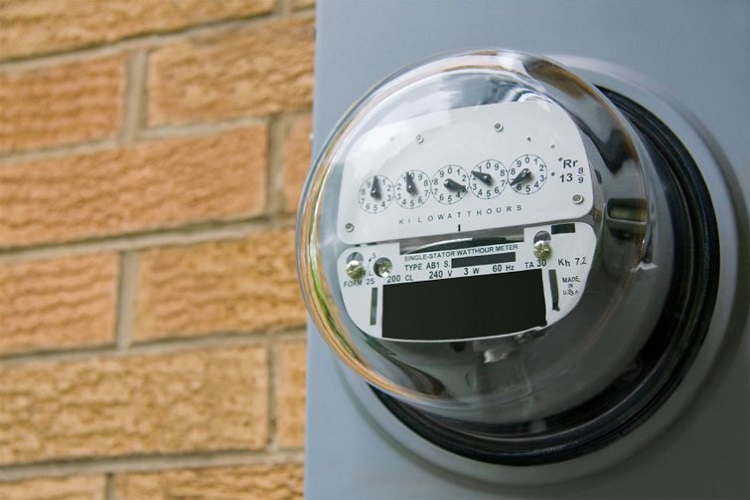
Asphalt Shingles
To prevent costly roof repairs and potential leaks, it’s important to avoid pressure washing roofs with asphalt shingles. The high water pressure can strip away the protective granules and even dislodge or break shingles, leading to further damage and potential health hazards such as mold growth. It’s best to use alternative cleaning methods to avoid these risks.
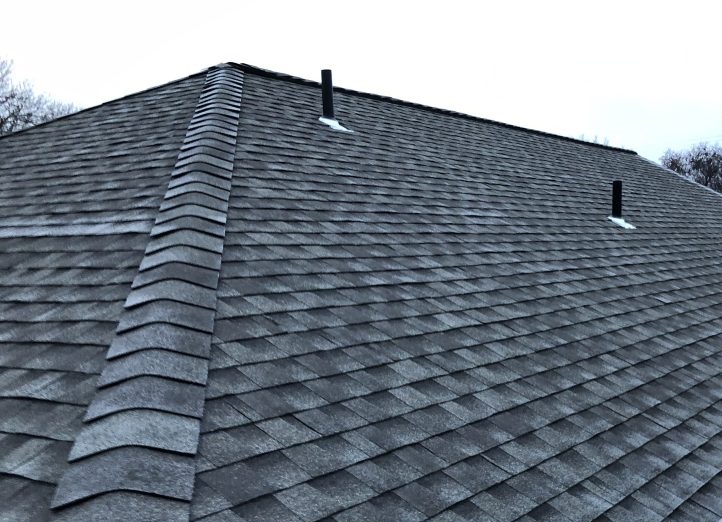
Gutters
Using a pressure washer to clean gutters may seem like an easy solution, but it can lead to damage and costly repairs. The high-pressure stream of water can cause gutters to detach from the house or damage the downspouts. It’s best to clean gutters by hand and use a garden hose for rinsing.
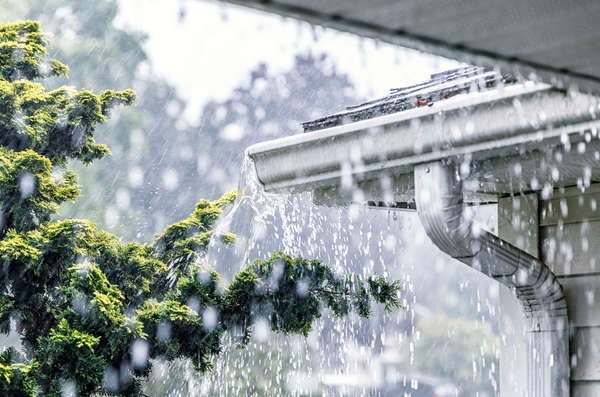
Old Mortar or Brick
Using a pressure washer on concrete patios and paving stones is effective, but it’s important to avoid using it on old or damaged brickwork. The high-pressure stream can damage the brick and mortar, leading to structural damage and weather exposure. Lower pressure settings can be used on new bricks.
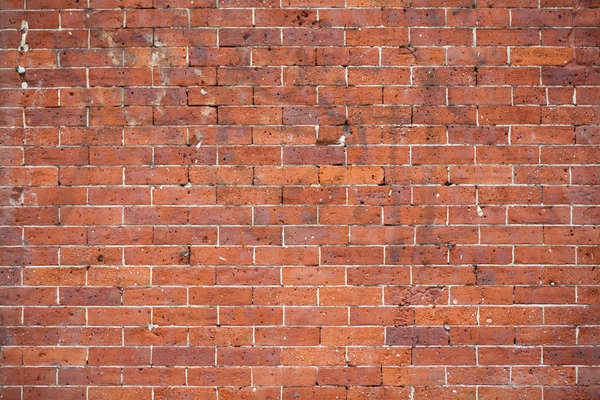
Vehicles
While pressure washers can be a tempting tool for cleaning cars and trucks, it’s important to remember that the high-pressure stream of water can cause lasting damage to the vehicle’s paint job and leave it vulnerable to rusting. Even pressure washers marketed as suitable for vehicles can cause dents, chips, and expensive engine repairs if used improperly. It’s better to use a gentle hand wash method to keep your vehicle looking clean and well-maintained.

Stained or Painted Surfaces
A pressure washer can be an effective tool to remove paint from metal siding or stains from a wooden deck due to its powerful water stream. Pressure washing a deck before applying a new coat of stain is recommended to properly prepare the surface. However, if you want to avoid damaging the stain or paint, it’s better to avoid using a pressure washer on painted or stained surfaces as it can lead to chipping, peeling or other damages.
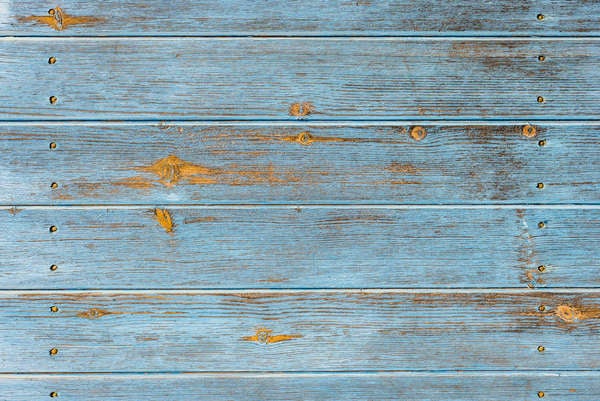
Light Fixtures
Although outdoor light fixtures are built to withstand harsh weather conditions, they are not designed to handle the powerful horizontal stream of water produced by a pressure washer. The forceful spray of water can easily break any glass panes or bulbs and even dislodge the fixture from its mount. Even if the fixture appears to survive the pressure washing, water may seep into cracks and damage the internal electrical components, rendering the fixture useless. To avoid costly repairs, it’s best to clean outdoor light fixtures using a gentler method.
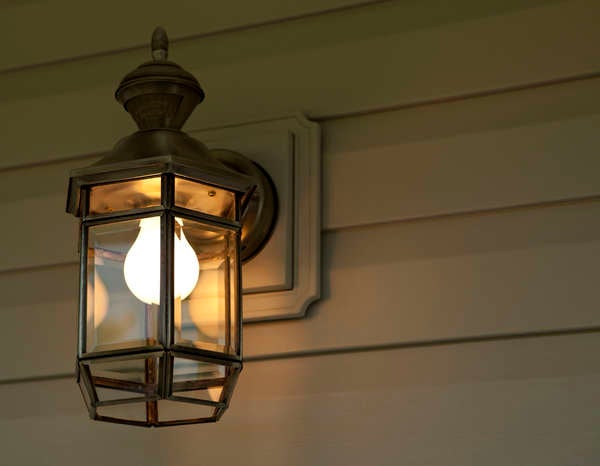
Air Conditioners
While pressure washers may seem like a quick and effective way to clean the outside of an air conditioning unit, it’s important to be cautious when using one. The metal box that surrounds the unit is designed to protect its delicate metal fins, which filter the air as it enters the unit.
While a pressure washer can remove dirt and debris from the outside of the unit, it can also cause damage to the fins, bending or crushing them and restricting airflow into the unit. To avoid this, it’s best to use a garden hose or vacuum and a soft brush to gently clean between the fins, and leave the pressure washer for cleaning other surfaces, such as driveways or patios.
